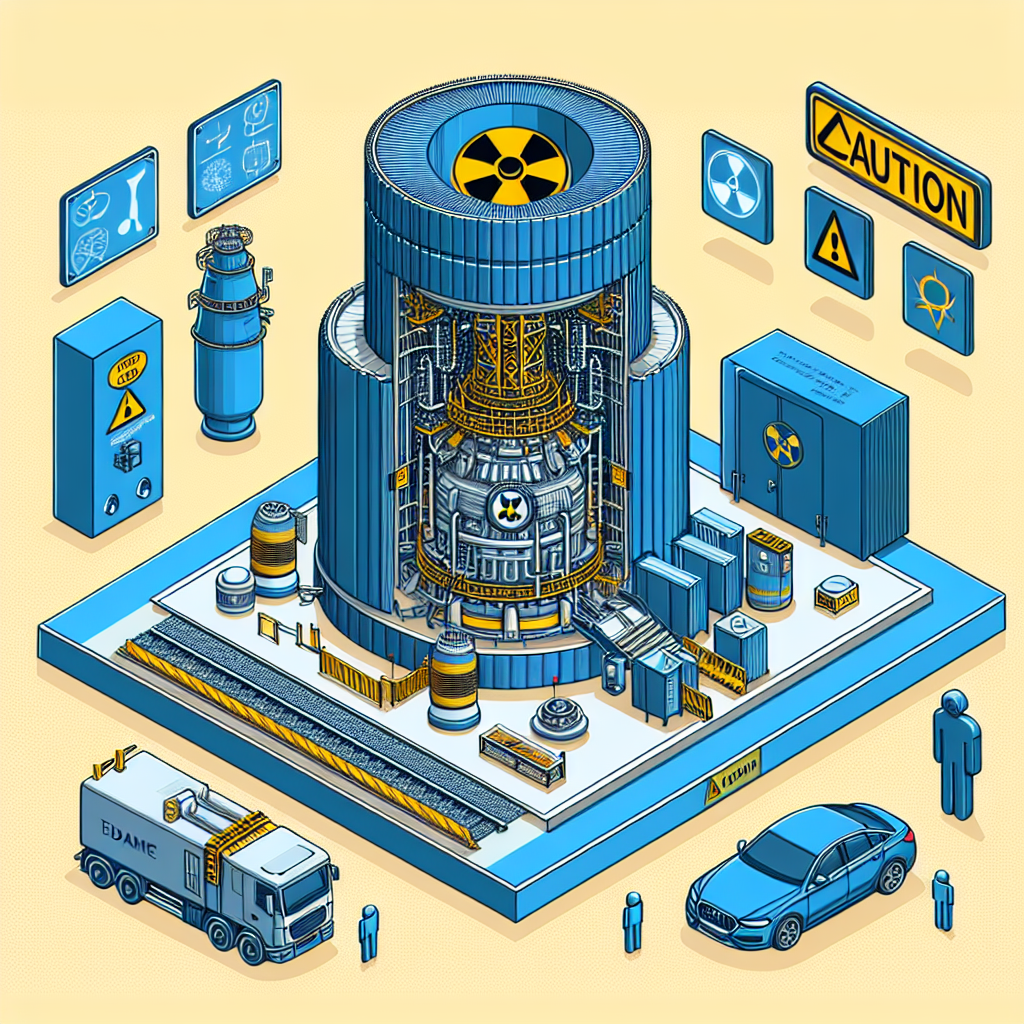Sweden's Bold Nuclear Move for Energy Security
Sweden's parliament has passed legislation to finance new nuclear reactors to ensure energy security and aim for net zero emissions by 2045. The government plans to have half of its proposed reactors operational by 2035, while critics argue that nuclear energy is costly and slow to implement.

In a decisive move towards energy security and achieving net zero emissions, Sweden's parliament has approved legislation to fund the next generation of nuclear reactors. The government envisions four large-scale reactors, equivalent to approximately 5,000 MW in capacity, being operational by 2035.
Energy Minister Ebba Busch emphasized the necessity of stable, fossil-free electricity for sustainable growth and competitive electricity prices. Currently, Sweden generates almost entirely fossil-free energy, but with electricity demands expected to double, nuclear power is deemed essential to support emerging industries such as green steel and hydrogen production.
However, the legislation faces opposition, with parties questioning the cost and timeline associated with nuclear development. While government-affiliated Vattenfall has advanced plans for new reactors, a final investment decision is anticipated by the end of the decade, leaving the future of Sweden's nuclear expansion uncertain.
(With inputs from agencies.)










